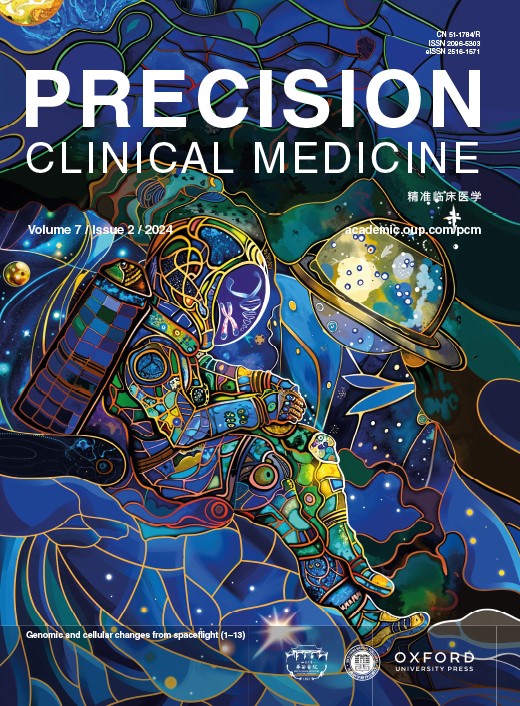炎症性肠病的精准医疗
IF 5
4区 医学
Q1 MEDICINE, RESEARCH & EXPERIMENTAL
引用次数: 0
摘要
炎症性肠病(IBD)是一种不治之症,其特点是在整个病程中会出现缓解-复发循环。克罗恩病(CD)和溃疡性结肠炎(UC)是 IBD 的两种主要形式,这两种疾病都有并发症倾向,而且在复发频率和严重程度方面存在很大的异质性,因此给 IBD 的临床治疗带来了巨大挑战。目前的治疗策略对 IBD 的诱导治疗和维持治疗有不同的效果。遗传学、药物遗传学、蛋白质组学和微生物组研究的最新进展为确定预后和治疗反应的分子标记提供了强大的推动力,有助于临床医生更有效地管理 IBD 患者,进而改善临床疗效并降低患者的治疗费用。在这篇综述中,我们总结并讨论了 IBD 的精准医疗,重点是疾病过程和治疗反应的预测标志物以及治疗药物监测期间的监测指标。本文章由计算机程序翻译,如有差异,请以英文原文为准。
Precision medicine in inflammatory bowel disease
Inflammatory bowel disease (IBD) is an incurable disease characterized by remission-relapse cycles throughout its course. Both Crohn's disease (CD) and ulcerative colitis (UC), the two main forms of IBD, exhibit tendency to develop complications and substantial heterogeneity in terms of frequency and severity of relapse, thus posing great challenges to the clinical management for IBD. Current treatment strategies are effective in different ways in induction and maintenance therapies for IBD. Recent advances in studies of genetics, pharmacogenetics, proteomics and microbiome provide a strong driving force for identifying molecular markers of prognosis and treatment response, which should help clinicians manage IBD patients more effectively, and then, improve clinical outcomes and reduce treatment costs of patients. In this review, we summarize and discuss precision medicine in IBD, focusing on predictive markers of disease course and treatment response, and monitoring indices during therapeutic drug monitoring.
求助全文
通过发布文献求助,成功后即可免费获取论文全文。
去求助
来源期刊

Precision Clinical Medicine
MEDICINE, RESEARCH & EXPERIMENTAL-
CiteScore
10.80
自引率
0.00%
发文量
26
审稿时长
5 weeks
期刊介绍:
Precision Clinical Medicine (PCM) is an international, peer-reviewed, open access journal that provides timely publication of original research articles, case reports, reviews, editorials, and perspectives across the spectrum of precision medicine. The journal's mission is to deliver new theories, methods, and evidence that enhance disease diagnosis, treatment, prevention, and prognosis, thereby establishing a vital communication platform for clinicians and researchers that has the potential to transform medical practice. PCM encompasses all facets of precision medicine, which involves personalized approaches to diagnosis, treatment, and prevention, tailored to individual patients or patient subgroups based on their unique genetic, phenotypic, or psychosocial profiles. The clinical conditions addressed by the journal include a wide range of areas such as cancer, infectious diseases, inherited diseases, complex diseases, and rare diseases.
 求助内容:
求助内容: 应助结果提醒方式:
应助结果提醒方式:


